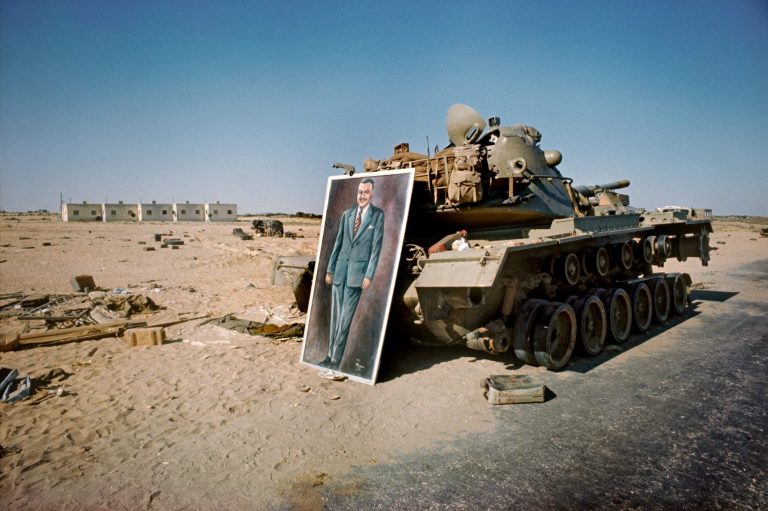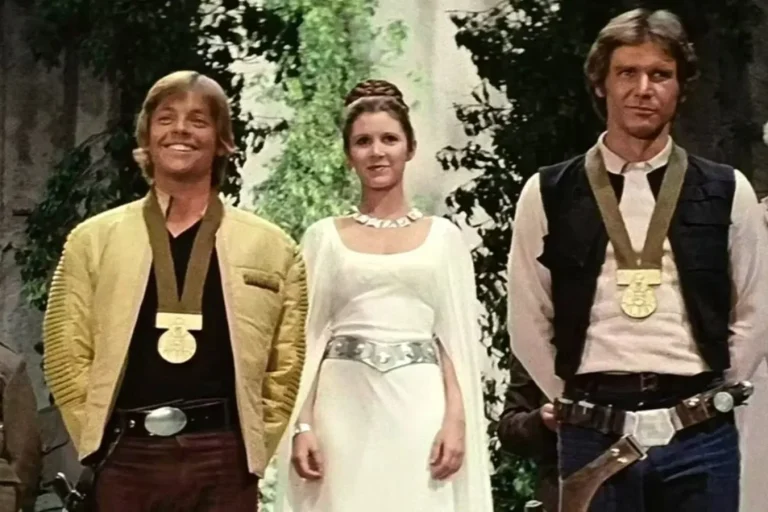Blog & Reflections
Welcome to my collection of essays, reflections, and analyses. Here, I explore ideas across history, government, military affairs, philosophy, and religion. This is not just to understand the world better, but to challenge how we think about it.

"History is a silent tutor, but few listen long enough to understand its warnings."
The rise and fall of small republics in ancient Greece are often presented as closed chapters, relics of a distant past. Yet, they are anything but irrelevant. Their trajectories — their triumphs and especially their downfalls — offer urgent lessons for modern democracies struggling with polarization, erosion of civic trust, and the temptations of power.

Can a nation strike first and still call itself just? This essay explores the deep moral tensions behind preemptive war — from Just War Theory to modern case studies — and asks whether survival and principle can ever truly coexist.

Can law truly restrain evil, or does it merely disguise it? This essay explores how history, philosophy, and human nature reveal the fragile — and dangerous — relationship between justice and power.

In the medieval world, faith and force were never separate. Religion did not merely justify war; it gave war its meaning, its fury, and often its illusions. To fight was not just to defend land or honor, but to serve the will of God — or what men claimed was His will. This essay explores how belief shaped bloodshed, and how the battlefield became a place where theology and ambition collided.

What if the problem isn’t that people stopped believing in God — but that they forgot how to imagine Him? This essay explores how icons, liturgy, and stillness in Orthodoxy heal not just the mind, but the imagination itself.

We act like reason stands alone — above belief, beyond bias. But what if logic itself depends on something deeper? This essay argues that even the sharpest mind cannot think clearly without a metaphysical foundation.

A single word split a Church. Not with sword or heresy, but with breath — Filioque, “and the Son.” What began as a quiet theological addition became a fracture in the soul of Christendom

Before the lightsabers clash and the starfighters scream through space, Star Wars asks a quieter question: what does it mean to rebel, and at what cost? Beneath the Force and the fantasy is a political and moral universe that mirrors our own — fractured empires, fragile ideals, and the haunting truth that not all who resist are righteous, and not all order is evil. This is not a galaxy far, far away; it’s a mirror turned back on us.

Nietzsche warned us that pity corrodes strength, that compassion could be the mask of weakness dressed in virtue. But what happens when even Zarathustra — his prophet of power — trembles before suffering?

What if the power to forgive doesn’t come from virtue—but from pain? The Brothers Karamazov doesn’t offer us saints, it gives us wounds—raw, open, festering with betrayal—and dares us to believe that love can still rise from them.

What if the problem isn’t that people stopped believing in God — but that they forgot how to imagine Him? This essay explores how icons, liturgy, and stillness in Orthodoxy heal not just the mind, but the imagination itself.

We act like reason stands alone — above belief, beyond bias. But what if logic itself depends on something deeper? This essay argues that even the sharpest mind cannot think clearly without a metaphysical foundation.
aaaaa
We need your consent to load the translations
We use a third-party service to translate the website content that may collect data about your activity. Please review the details in the privacy policy and accept the service to view the translations.
